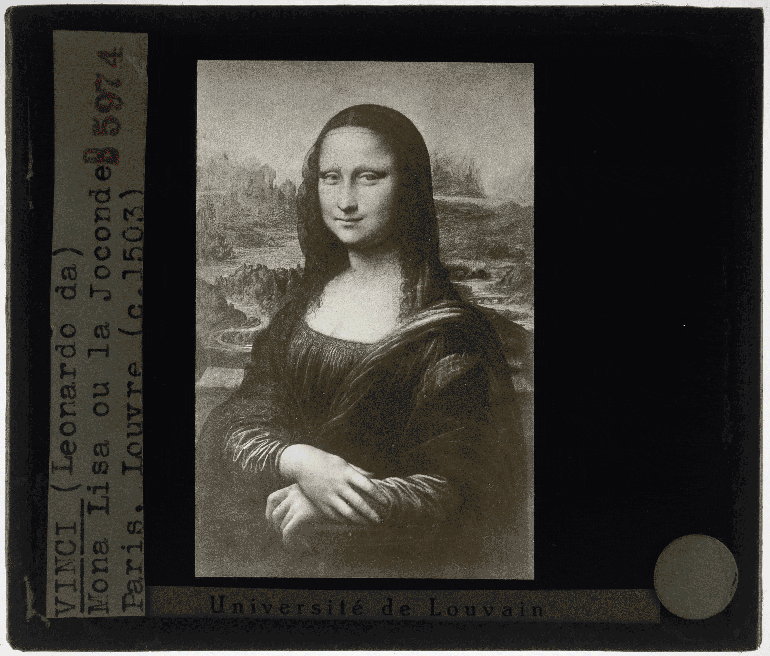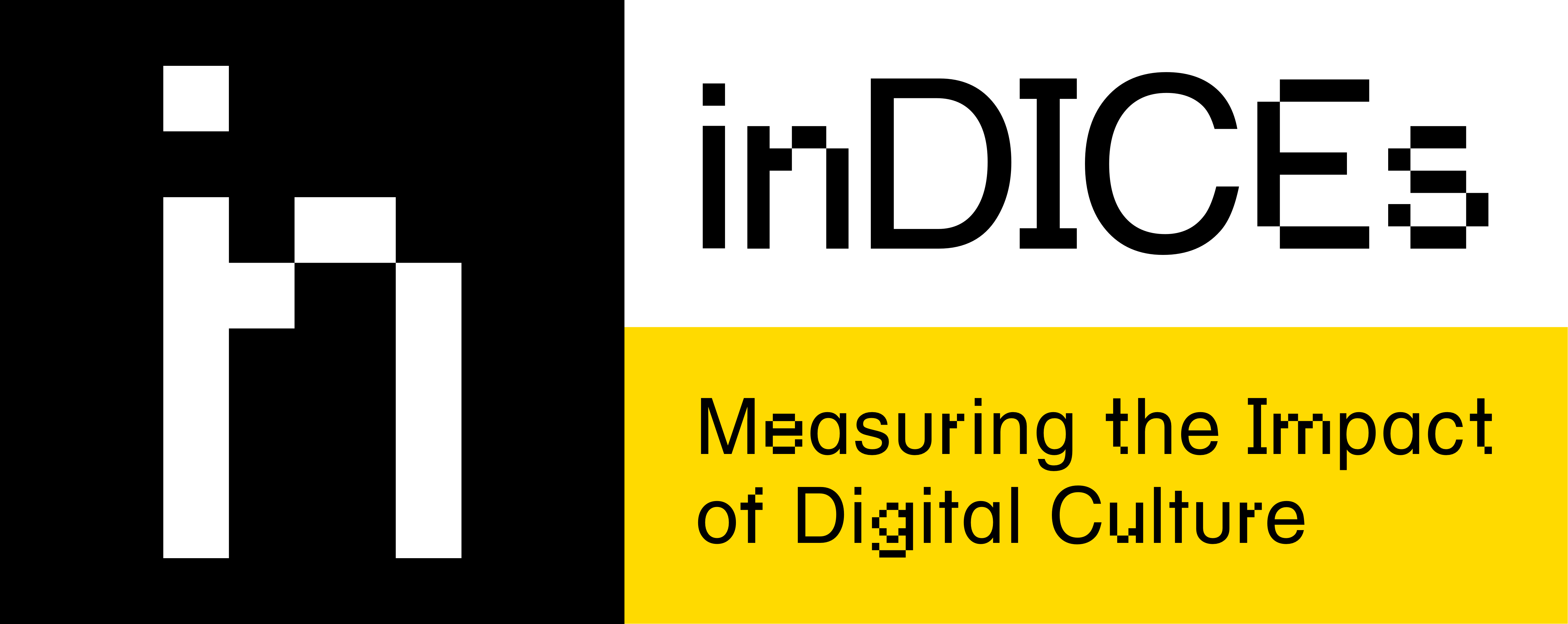Coordinating research centres, cultural heritage associations, institutes and companies in social innovation and web intelligence to measure the economic and social impact of digital cultural heritage, is a challenge. And this challenge has become even more crucial due to the COVID-19 epidemic, where the cultural sector has rapidly responded through a wave of instant innovation, especially in terms of accelerated digitalisation.
The need for a culture that has been experienced during the crisis boosted the search for new possibilities for access to heritage and knowledge, including access to digital library resources, virtual visits to museums and visual arts exhibitions, as well as the increase of online concerts and theatre, dance and opera performances, and for a new awareness of the potential of cultural e-participation on cultural digital platforms. Through the collaboration of key players, the foundations have been established through inDICEs within its first year.

Research method and data collection
Via GIPHY
Prior to inDICEs, qualitative and quantitative participatory research methods and analysis have been set in order to organise the grid for the data toolbox, to draft the users’ scenarios for the digital participation processes. We’ve collected, aligned and integrated the already existing wealth of data gathered from statistical institutes and other data gathering institutions, as well as from the scientific literature on the topic, concerning the effects of the digital revolution on the production, dissemination and access to cultural and creative content. We specifically referred to ENUMERATE, EGMUS and NEMO, and collected a list of best practices in the main EU cities during COVID-19 lockdown that impacted on creative and culture sector digitalization. Through data analysis techniques, we’ve started to identify the first list indicators to measure the impact of the Digital Cultural Heritage on the three regimes of knowledge production, from 1.0 to 3.0.
Foreground study on IPR legal framework
inDICEs is also producing in-depth comparative analyses of the IPR regulations on the access to European culture and on creative cultural production. Within the first year inDICEs provided first, a detailed overview of the current and upcoming European IP legal framework affecting the activities of the CHIs, aimed at raising awareness of the legal constraints and opportunities that result from the IP framework as applicable at the EU level. This analysis also addresses the impact of copyright and related rights on CHIs and the new rules of the Open Data Directive that affect CHIs as well.
Second, inDICEs delivered a comparative analysis of the copyright-related rules in six national jurisdictions, namely in Belgium, France, Lithuania, Poland, Spain and Sweden. This analysis, which needs to be read in combination with the EU IP framework, aims at understanding where the copyright-related issues for CHIs stand at a national level and what is preventing them from fully operating in the Digital Single Market.

The inDICEs Participatory Space: the platform, the consultation process and the self-assessment tool
Via GIPHY
The inDICEs Participatory Space has been developed much earlier than scheduled due to the COVID-19 lockdown situation and made it possible to carry online the co-creation activities planned in the project. The Participatory Space allows to conduct online co-creation workshops based on agreed user scenarios in order to gather direct input from participants which have been used for analysing and prioritizing user needs.
A first consultation process and workshop with the cultural heritage sector regarding ‘IPR and value chains, future research competencies and change management’ was held on 15-16 September 2020. The outcomes helped to provide inputs for identifying the practical problems that CHIs are dealing with the IP rules and the value chains they are facing in the DSM. On the results of this activity, we’re developing a self-assessment tool that will support CHIs to learn about the components of digital transformation, managing IPR issues, tracking the progress of their status against a baseline and finally developing strategies based on innovative business models of interaction with creative industries.
Plans for 2021
In the coming months, we will continue the research and implementation process based on consultation and co-creation activities to fine-tune and prioritize the needs of key stakeholders and test the solutions and tools we are developing. We’re organising two workshops embedded in an online consultation process, one in spring on ‘Developing Future Researchers‘ to connect the CHI and research practitioners and improve collaborations and share a vision on Digital cultural Heritage. Another one in autumn on ‘Managing and facilitating institutional change in an era of rapid IT change’ will present the inDICEs outcomes and the established synergies with reCreating Europe, the sister project of the inDICEs’ H2020 call.
We will work on developing policies and recommendations based on the findings achieved in the first year and on integrating the dashboard and self-assessment tool into the inDICEs’ Participatory Space to realize an Open Observatory to track policies and trends over the long-term, a useful and comprehensive service that can be integrated into Europeana platform at the end of the project.
*Top image: Sportfest in Gent, Netherlands Institute for Military History (CC0 1.0)


